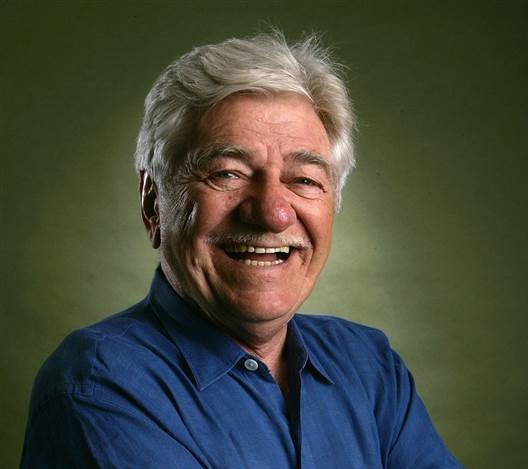Influential actor Seymour Cassel dies, aged 84
Seymour Cassel was an actor who you may not know by name, but who had a wide-reaching influence on cinema nonetheless. WSS celebrates his legacy.

Character actor Seymour Cassel died last night due to complications with Alzheimer’s disease. His son Matt confirmed his death in a statement to the Hollywood Reporter.
Cassel was a character actor, known primarily for his collaborations with independent film directors Wes Anderson and John Cassavetes. He was nominated for an Academy Award for Best Supporting Actor and won a National Society of Film Critics Award for his work in Cassavetes’ third feature, “Faces.” However, Cassel’s career didn’t follow the typical Hollywood standards for success.
Born in Detriot, Michigan in 1935, Cassel’s career started concurrently with his friend Cassavettes. He made his 1958 film debut in the latter’s first film as a director, “Shadows.” He continued to act in his friend’s films throughout the 1960s, 70s and early 80s. The aforementioned “Faces,” “Minnie and Moskowitz,” “The Killing of a Chinese Bookie,” “Opening Night” and “Love Streams” are among the most well known of their collaborations. Through his work with Cassavetes, Cassel worked on some of the earliest examples of American independent film. These films continue to be lauded by film critics, scholars and fans across the world.
Throughout his career, he took the occasional role in a bigger budget Hollywood movie, starring in the periphery of films such as “Coogan’s Bluff,” “Dick Tracy” and “Indecent Proposal.”
Cassel was always an advocate for independent filmmaking. Later in his career, he found a new audience by appearing in three of Anderson’s films, “Rushmore,” where he played the father of lead character Max Fischer, “The Royal Tenenbaums” and “The Life Aquatic with Steve Zissou.”
He is also credited with coining the stage name of Guns N’ Roses rockstar Slash. When he was a kid, Slash would frequently hang out with Cassel’s son, and was given the nickname on account of his speediness, always going from one place to another at a breakneck pace.
Cassel rarely played the lead role, save his part as one of the title characters in “Minnie and Moskowitz,” but he was a constant performer in American indie cinema from its earliest days to its slight breakthrough into the mainstream in the 90s. Even if he settled into a bit of a groove with his later work, usually playing rugged yet charming side characters, his work was always marked by a constant sincerity. It didn’t matter how small the role was, he put all of himself into it, making his characters feel like they had been “lived in.” Whenever I saw him crop up in a movie, I always got a warm, homely feeling. Maybe that’s why he was especially effective in Wes Anderson’s movies as characters who were close to the film’s leads, whether it was Max Fischer’s father in “Rushmore” (one of the only decent fathers in the Anderson canon) or as the main character’s recently deceased partner Esteban in “The Life Aquatic.” Because of the acting prowess that he developed with Cassavettes, he could so much with little screentime. He just had to be there and be Seymour Cassel. The acting world will be a sadder place without his worn out, lovable mug.
Your donation will support the student journalists of West High School. Your contribution will allow us to purchase Scholarship Yearbooks, newsroom equipment and cover our annual website hosting costs.

Harry Westergaard is a senior at West High and this is his third year on staff. He does a little bit of everything on staff, working primarily as the Arts...



